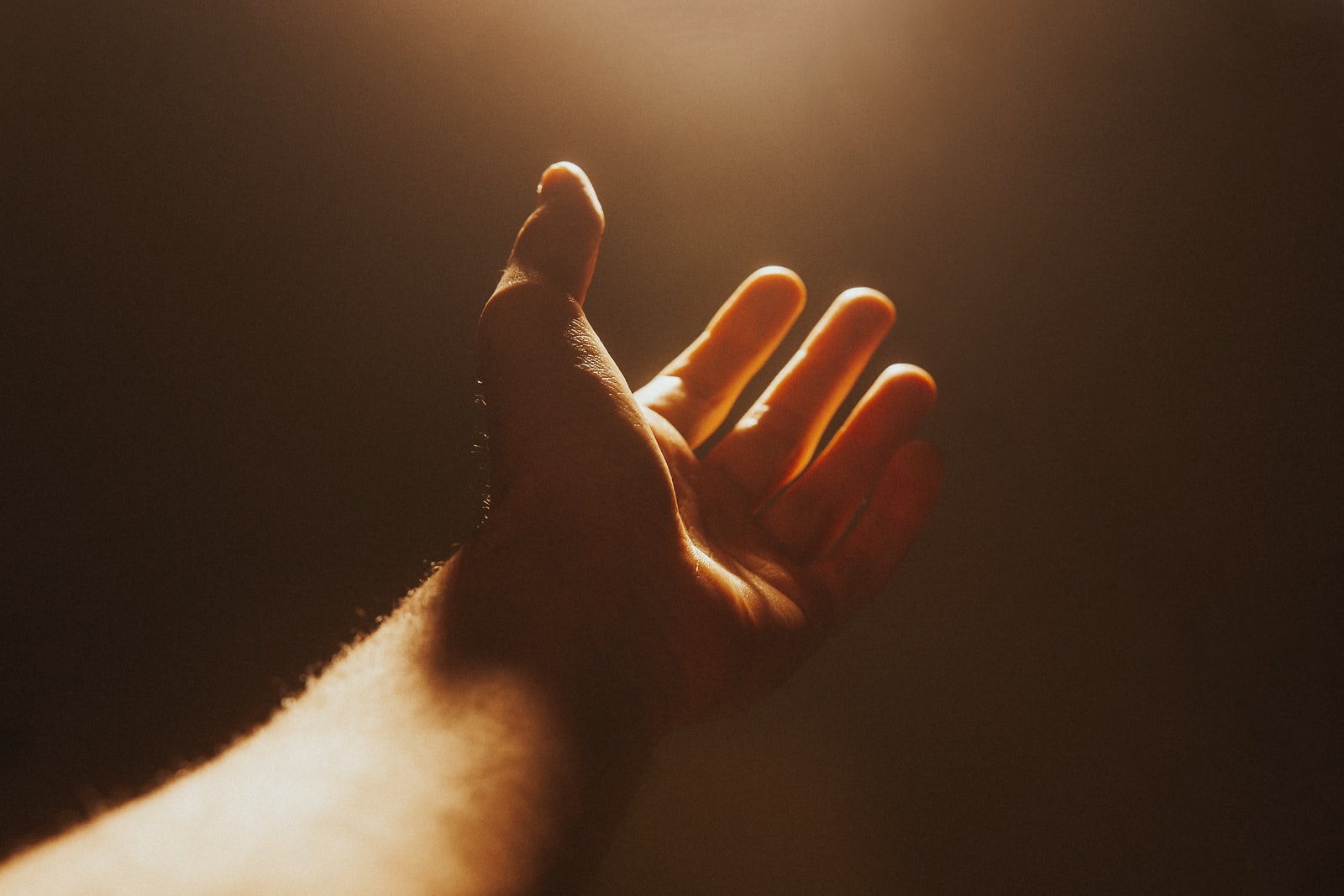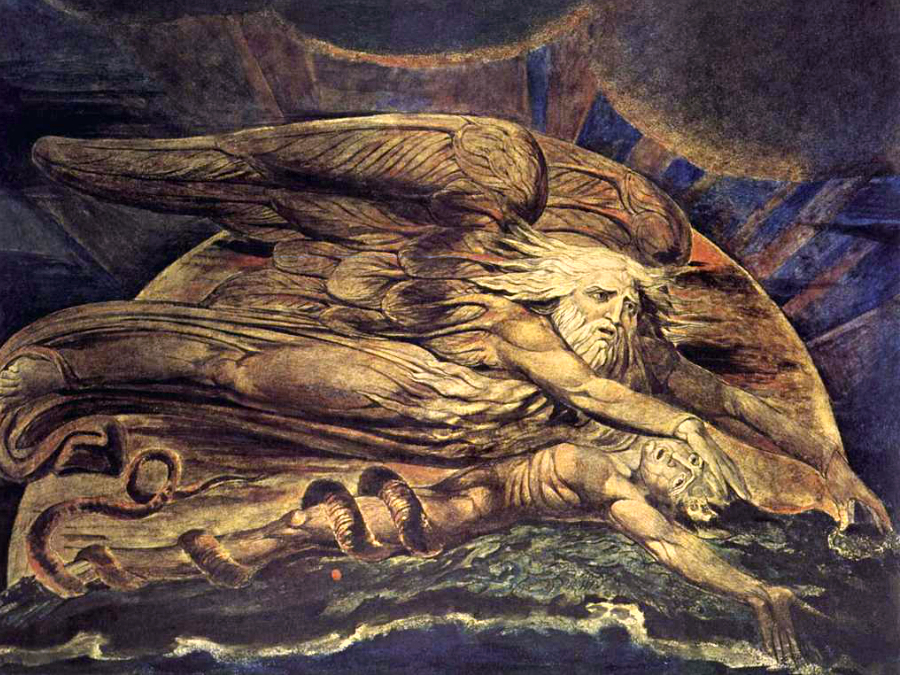
Graced Conversation
June 12, 2022
The beginning of the Bible on why we end up like this
June 21, 2022I am posting an edited version of a talk I gave to Guiseley Mothers’ Union last month. It covers ground I’ve blogged on before, but it’s central to my understanding of God, the universe and the meaning of life so I think it’s worth repeating. I’ve divided it into two parts. Part 2 will come later.
There are some basic questions that every society asks. Who made us? For what purpose? and how should we live? The ancient Hebrews offered answers in the first three chapters of Genesis, and to my mind they were right.
Everybody else in that part of the world was taught that humans had been created to work for the gods. The gods expected people to work hard, offering sacrifices. Farmers would bring their produce to the temple, where it would be cooked and eaten. The king and his court would sell off the leftovers. In theory this was to please the gods but in practice it was a form of taxation. It made the rulers rich at the expense of everyone else. The ordinary people had to work hard and would be punished if they didn’t.
The authors of Genesis offered a radical alternative. They said the god who created the world doesn’t need anything from us. Everything God created, God looked at it and declared it good. This is repeated 6 times in Chapter 1: what God created is good, and it is designed as a blessing, for our own sakes. We are not created for drudgery. We are created for happiness.
Obvious question: if that’s what God intends, why is the world such a mess? The war in Ukraine: why is that happening? Why are there so many refugees with nowhere to live? Why do so many people round here depend on food banks? Why is there so much suffering and evil?
The second chapter of Genesis answers this question. At this point the style of writing changes. Chapter 1 is a hymn: the next chapters are bedtime stories.
I guess you’ve all read stories to children. The best children’s stories invent characters and tell stories about them to illustrate what life is like. This is what these chapters of Genesis do. The second chapter tells about four gifts God has given to humans. We value each of them; but possessing all four enables us to spoil the blessing God has designed us for.
Genesis 2:16-17:
The Lord God took the man and put him in the garden of Eden to till it and keep it. And the Lord God commanded the man, ‘You may freely eat of every tree in the garden; but of the tree of the knowledge of good and evil you shall not eat.’
Freedom and morality, the first two gifts. The supreme all-powerful God who created the world to bless us withdraws from supreme power, to give us humans freedom to do what we choose. Together with the freedom comes guidance about how to use it well. We can choose whether to follow God’s guidance or do something different.
Genesis 2:19:
Out of the ground the Lord God formed every animal of the field and every bird of the air, and brought them to the man to see what he would call them: and whatever the man called each living creature, that was its name.
I imagine God taking some playdough. When I was a child it would have been plasticine. God takes a lump in his hand, makes an animal shape, and says to Adam, ‘What shall we do this time? Let’s give this one a long neck and big pointy ears. What do you think, Adam? What shall we call this one?’ Creativity. Part of the blessing is that we are encouraged to be inventive in our own way.
Genesis 2:21-24:
The Lord God caused a deep sleep to fall upon the man, and he slept; then he took one of his ribs and closed up its place with flesh. And the rib that the Lord God had taken from the man he made into a woman and brought her to the man. Then the man said, ‘This at last is bone of my bones and flesh of my flesh; this one shall be called Woman, for out of man this one was taken’. Therefore a man leaves his father and his mother and clings to his wife, and they become one flesh.
This is a polite English translation. The original text is in Hebrew, and is the kind of thing one doesn’t expect to read in the Bible. Adam sees Eve, and his hormones get going.
‘Ooh. Giraffes are all very well in their own way, but this bone of my bone and flesh of my flesh – she is the one I want to…’ Well, we’ll leave it there, shall we?
And there we have the four gifts: freedom, morality, creativity and desire. They are all good gifts from God. We wouldn’t want to miss out on any of them. But between them they give us power and motive to mess up.
This account of humanity is not popular. We prefer to think that we ourselves are completely different from the causes of all the evil and suffering. But I think we flatter ourselves too much. We are not so different. Genesis 3 describes how this comes about, and I’ll cover it in Part 2.
We don’t want to know that people like us are responsible for all that is wrong – but we ought to welcome it, because it means we have power to do something about it.





1 Comment
[…] I’ve blogged on before but it’s central to my understanding of why life is like this. Part 1 is here […]